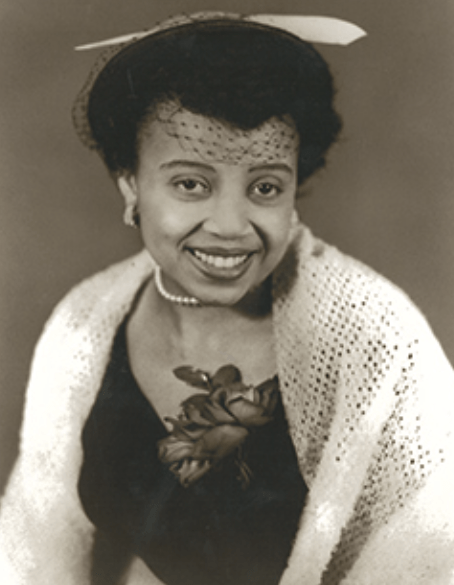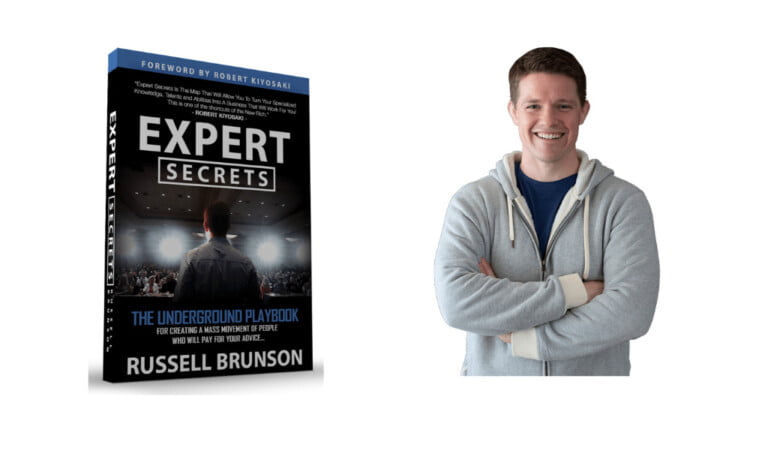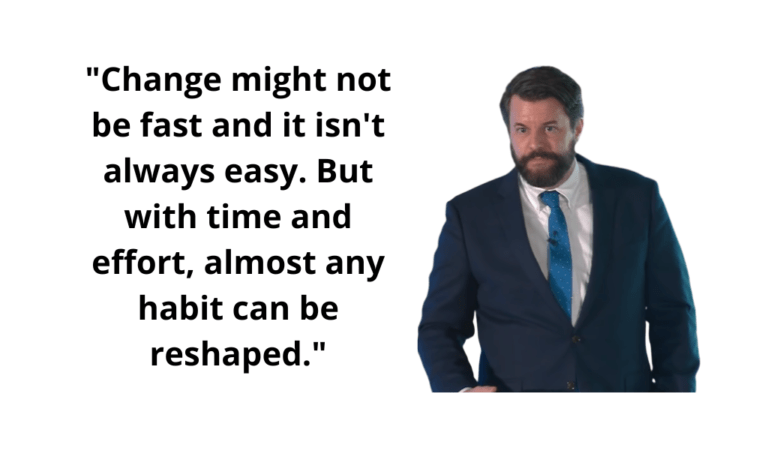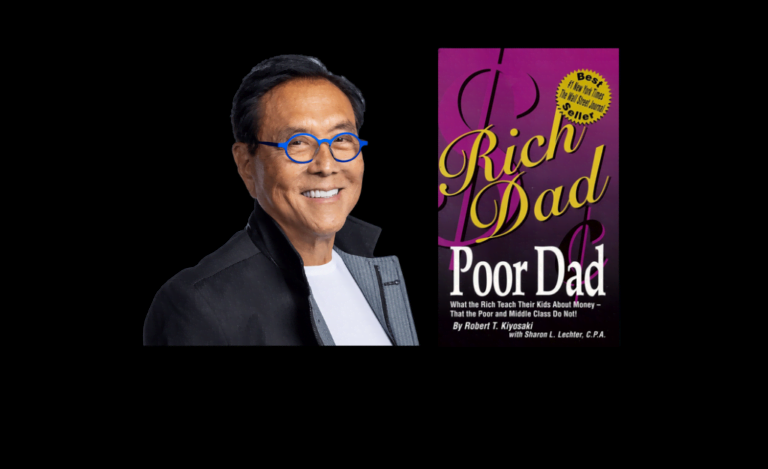Disclaimer: This post may contain affiliate links. For more information, please visit our Disclaimer Page.
Introduction
Chris Gardner’s life story is one of victory and perseverance, like the phoenix rising from the ashes of poverty. His book details how he rose from obscurity to become a successful businessman in the stock market’s harsh environment. Chris Gardner experienced adversity and hardship on many fronts but never gave up on his goals. In “The Pursuit of Happyness,” Chris Gardner tells us how he achieved his own version of the American Dream through pure grit and perseverance. Let’s dive into this remarkable autobiography.
Early Life
On February 9, 1954, Christopher Paul Gardner was born in Milwaukee, Wisconsin. His mother, Bettye Jean, remarried, and his father was absent, so his childhood did not quite resemble a fairy tale. Freddie Triplett, her new spouse, would significantly impact Chris’ life.

Triplett had a drinking problem and was violent towards his wife and children. One day, he even accused Chris’ mother of working while receiving help from social services, resulting in her being imprisoned.
Chris and his three sisters temporarily lived in foster homes during this period. Eventually, the mother was released and then imprisoned again. In desperation, the woman attempted to burn down Triplett’s house with him inside.
While still a child in a juvenile center, Chris also had another difficult time when a neighborhood man raped him, a fact he hid until he became an adult.
Turning Points in Gardner`s Life
One day in particular stuck in Chris’ memory: It was Christmas; he was about 16, and while he was taking a bath, his stepfather suddenly burst into the room with a shotgun and threw him out of the house, leaving him on the street, naked and wet on a cold night.
Having gone through this series of experiences, Chris had only one thing in mind: he would not behave similarly to his stepfather. He would not live a life marked by illiteracy, alcoholism, or violence. He chooses to use his mother as an example instead.

“I chose to embrace the spirit of my mother who, despite denying, postponing, and destroying too many of her dreams, still instilled in me that I had the right to have them.”, says Gardner.
Early Work Experiences
Chris leaves Wisconsin when he joins the United States Navy and enlists in the medical profession. There he met Dr. Robert Ellis, who offered him a job as a research assistant at the University of California Medical Center. In 1974, he moved to San Francisco.
Now, Chris has a bright future ahead of him. In 1977, he married Sherry Dyson and intended to study to become a doctor. Still, then he realized the investment of time and money that this required, and he changed his mind. This strains his already strained relationship with his wife at the time.
Sometime later, Chris meets Jackie Medina, and she becomes pregnant with him. Chris separates from his wife to take care of Jackie and their son. At this time, he was a sales representative for a medical equipment company. Still, his salary was insufficient to pay all the expenses, and the debts began to pile up.
Journey to Become a Stockbroker
Chris’s life changes when, one fine day, he sees a very well-dressed man getting out of a red Ferrari on the street. Impressed, Chris asks him: “What do you do, and how do you do it?”. Bob Bridges is a stockbroker who earns about $80,000 a month. He introduces Chris to finance and motivates him to apply for an internship to learn more about the business.
Motivated by the possibility of achieving the success he desires, Chris cancels his business appointments and defers paying his parking fines until he is accepted into the E.F. Hutton Company training program and quits his old job. Unfortunately, on his first day at the new company, he learns that the person who hired him has been fired.
Overcoming Obstacles and Challenges
With a toddler son and a deteriorating relationship, Chris is forced to seek a new opportunity elsewhere and lands an interview with Dean Witter Reynolds to train as a stockbroker.
Again, bad luck dogged him, and a week before his interview date, he was arrested for the $1,200 in fines he had racked up.

He spends ten days in prison and, on leaving, discovers that Jackie has left with his son and all his belongings. A day after his release, Chris has to show up for his interview in the same clothes he was incarcerated in jeans, sneakers, and a jacket. Despite this, he is accepted into the apprenticeship program and receives a salary of $1,000 per month at the firm Dean Witter.
Balancing Career and Family
Jackie returns with little Christopher four months later, and they decide he should stay with his dad. There is only one small problem: Chris’s boarding house does not accept children, and he needs more money to pay the rent. That’s when a father-son adventure begins.
Because of that, Chris Gardner’s story is one more success story that deserves to be told, but in no way dispenses with reading this extraordinary book.

The money Chris earns is barely enough for nappies, food, and paying for daycare, so when deciding whether the money should be spent on food or housing, the option is always there. Food. Chris and his little boy spend their nights wherever possible: in cheap motels, shelters, parks, under an office at the company where Chris works, and even in a public bathroom in an Oakland subway station.
Chris and his son move from home to home for about a year, during which time Chris continues an internship at the stock exchange and never tells his co-workers that he has no place to live. Reverend Cecil Williams of Glide Memorial Church provides Chris with a place to sleep, even though it is only a program for needy mothers. Some “women of the night” (as Chris himself calls them) even start giving him $5 bills when they see him with his baby in a dilapidated stroller.
Breakthrough in Career
To earn a few extra dollars, Chris does a few odd jobs: he mows lawns, landscapes green spaces, repairs roofs, cleans basements, and even sells his blood, although he was never very proud of it.
After going through some rather difficult times and having distinguished himself as a dedicated and tenacious worker, Chris had the opportunity in 1982 to take his stockbroker license exam and successfully landed a stable job with a significantly higher salary, which finally allowed him to pay rent.
Chris went from an intern with nowhere to sleep to a respected stockbroker.
Conclusion
The book is an inspiring reminder that success and happiness are achievable through hard work and never giving up on one’s dreams.
A must-read!!!
If you want to know what happened in Chris’ life after the facts described in this summary, click on the photo below and read the biography of this inspiring entrepreneur.
“The Pursuit of Happyness” by Chris Gardner
What is the main theme of the “Pursuit of Happyness”?
The main theme of “The Pursuit of Happyness” is resilience in adversity. The protagonist, Chris Gardner, overcomes financial struggles, homelessness, and other challenges through sheer determination and hard work. Eventually, his efforts are rewarded when he secures a job as a stockbroker.
What were the challenges faced by Chris Gardner in “The Pursuit of Happyness”?
Chris Gardner faced several challenges, including financial difficulties due to his investment in expensive bone density scanners, which were difficult to sell. He experienced homelessness after his wife left him, and he was forced to live on the streets with his young son. Moreover, while trying to improve his situation, he had to balance an unpaid internship as a stockbroker with selling the remaining scanners.
How does Chris Gardner’s situation improve in “The Pursuit of Happyness”?
Chris Gardner’s situation improves when he secures a paid job as a stockbroker after completing his unpaid internship. This marks a significant turning point in his life, offering himself and his son a hopeful future.
What message or lesson is conveyed in “The Pursuit of Happyness”?
The key message in “The Pursuit of Happyness” is persistence and resilience. It shows that no matter how difficult or desperate a situation may seem, it is possible to overcome hardships and build a better future with determination, hard work, and a positive outlook.
Is “The Pursuit of Happyness” based on a true story?
Yes, “The Pursuit of Happyness” is based on the true story of Chris Gardner. The movie accurately portrays his struggles with homelessness, financial instability, and subsequent success as a stockbroker.
“The Pursuit of Happyness” Book Quotes
“Walk that walk and go forward all the time. Don’t just talk that talk, walk it and go forward. Also, the walk didn’t have to be long strides; baby steps counted too. Go forward.”
“The encounter with the driver of the red Ferrari showed me the way to discovering what the arena was in which I could apply myself and also to learning how to do that. But it was my mother’s earlier pronouncement that had planted the belief in me that I could attain whatever goals I set for myself.”
″‘Here it is, Chris, the world is your oyster. It’s up to you to find the pearls.‘”
“The powerful truth that emerged for me was something Moms had tried to tell me when I was younger–no one else can take away your legitimacy or give you your legitimacy if you don’t claim it for yourself.”
“Go forward. That became my mantra.”
“The irony is that while sleep sometimes brings nightmares, it’s the reality of my waking hours that can cause me the greater fear.”
Disclaimer: This blog post is a summary or resume of the book and is not intended to dispense the reading of the original book. This post aims to provide a general overview of the book’s main ideas and themes and encourage readers to read the complete book to gain a deeper understanding of the material. The information presented in this post is intended to be something other than a substitute for the original book and should be used as a supplement to, not a replacement for, the entire book. We strongly encourage readers to read the complete book to benefit from its ideas and teachings fully.







